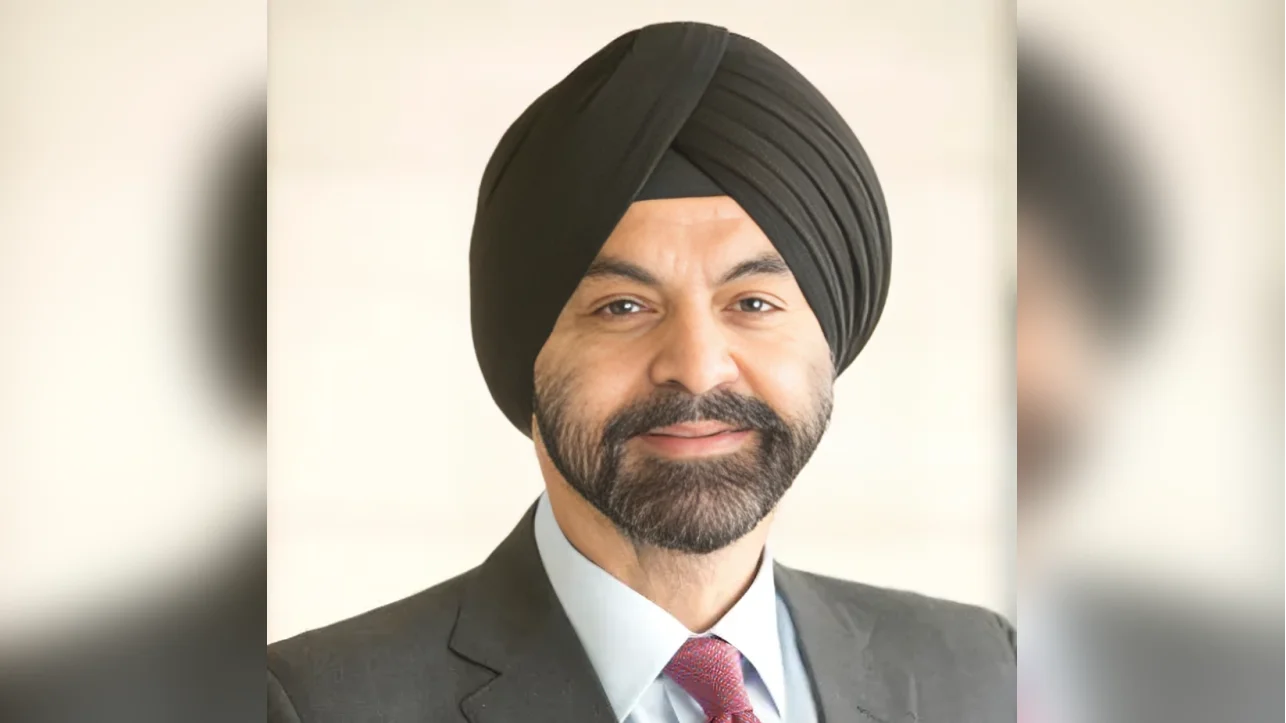Wezzie Matalala is set to graduate from the Lilongwe University of Agriculture and Natural Resources (LUANAR) with a degree in Agriculture Education. Her family will benefit from the reduced financial burden now that tuition and related expenses are no longer necessary.
One expense her mother did not have to worry about was internet access. In 2022, the Malawi Research and Educational Network (MAREN), supported by the World Bank’s Digital Malawi Project, introduced free Wi-Fi at LUANAR as part of a national initiative to provide students with reliable and affordable internet connectivity.
Before this initiative, students faced issues with LUANAR's Wi-Fi, often resorting to costly mobile data bundles. Wezzie credits MAREN Wi-Fi for helping her save on smartphone bills, allowing more spending on essential supplies. The free Wi-Fi also improved her academic performance by enabling more research time online.
The World Bank’s Digital Malawi Project, funded with $72.4 million by the International Development Association, aimed to enhance internet access for over 8.5 million citizens, including students. The project connected over 600 government buildings and provided internet connectivity to over 80 higher learning institutions across Malawi, benefiting more than 83,000 students.
Lucy Banda, a third-year education student at the University of Malawi, appreciates MAREN Wi-Fi's campus-wide availability. She recalls challenges during the COVID-19 pandemic when limited Wi-Fi forced students into crowded spots against social distancing guidelines. Now, Lucy finds it easier to access academic resources and online platforms like Google Classroom and Moodle.
The Digital Malawi Project concluded in October 2024. A new initiative under the World Bank’s Inclusive Digitalization in Eastern and Southern Africa (IDEA) Program has begun: The Digital Malawi Acceleration Project aims to provide internet access to 2,000 schools and distribute affordable learning devices nationwide.

